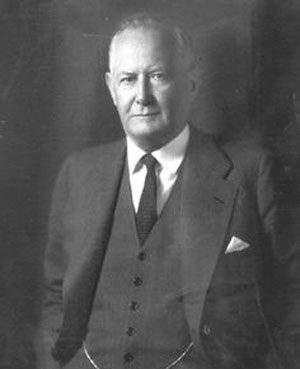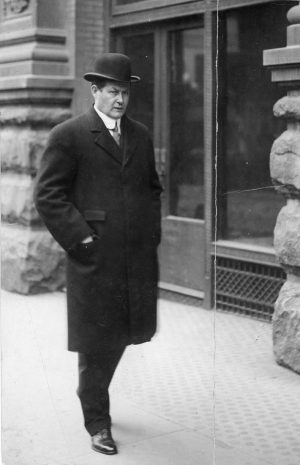 Another in our series of new transcriptions of contemporary articles on the Leo Frank case.
Another in our series of new transcriptions of contemporary articles on the Leo Frank case.
The Atlanta Georgian
Tuesday, July 8, 1913
The Prison Commission again has taken up the application of J. J. Mangham for a pardon. A recommendation is expected to be made to Governor Slaton in the next day or two. Mangham is the Griffin cotton mill man given four years for embezzlement and one year on a misdemeanor charge.
The application came up some time ago and was sent to Governor Brown by the commission without any recommendation. The Governor returned it with the statement that the board should make a recommendation.
That great influence will be brought to bear on Governor Slaton in this matter is generally believed. Mangham was prominent socially and has many intimate frineds [sic] who are close to the Governor. Friends of the imprisoned man claim that he was guilty only upon a technicality. Eugene Black, of Atlanta, is representing Mangham in the plea. Solicitor General Emmet Owens opposed it in the hearing before the commission.
* * *

 Another in
Another in  Another in
Another in  Another in
Another in  Another in
Another in 
